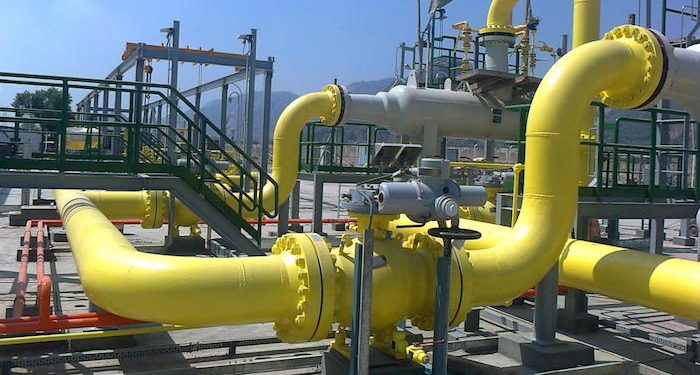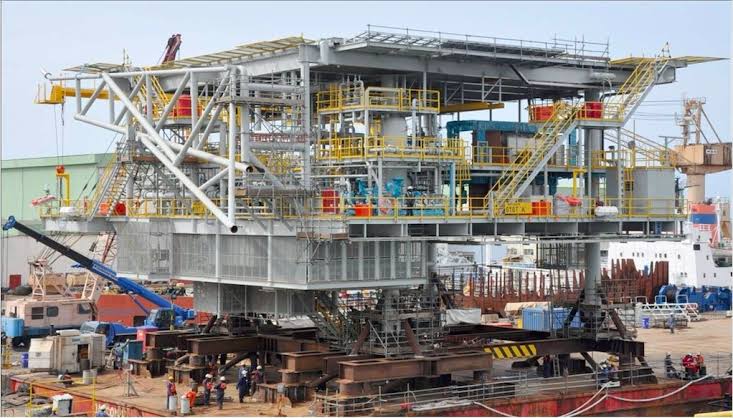The Assa North-Ohaji South (ANOH) Gas Processing Plant, located in Assah, Imo State, has officially commenced production with a capacity of 850 million standard cubic feet (MMSCF) of gas per day—the highest single-site gas output in Nigeria’s history. This marks a major leap forward in Nigeria’s energy landscape and signals a critical step in the Federal Government’s “Decade of Gas” agenda, which seeks to deepen domestic gas utilisation, curb flaring, and accelerate economic development through cleaner energy.
The ANOH plant is a result of a strategic joint venture between NNPC Limited and Seplat Energy Plc. It is expected to play a pivotal role in addressing Nigeria’s energy demands while also serving as a springboard for broader industrial growth. By processing and supplying gas on such a large scale, the plant provides a new backbone for power generation, manufacturing, and value-added industrial activities across the country
Imo State Governor, who attended the inauguration, hailed the project as a transformative development that firmly places the state at the centre of Nigeria’s gas-powered economic future. He described the Seplat-operated plant as a “milestone that marks the beginning of a new era for Imo State,” particularly as it powers the Orashi Special Energy Free Trade Zone (OSEFTZ)—an initiative designed to attract investments and stimulate industrialisation in the region.
The operationalisation of the ANOH plant is expected to unlock a ripple effect across the state and beyond. With the availability of reliable and affordable gas, more local businesses are likely to spring up, especially in energy-dependent sectors such as manufacturing, agro-processing, and transportation. Small and medium enterprises (SMEs) in Ohaji/Egbema and neighbouring communities are projected to benefit from improved energy supply, reduced operating costs, and increased demand for support services within the gas value chain.
Moreover, the project is anticipated to create thousands of direct and indirect jobs across different phases of the gas supply chain—from logistics and construction to equipment servicing and retail. As gas becomes more accessible, there will be opportunities for vocational training, technical partnerships, and entrepreneurship in gas-powered technologies.
This development aligns with Nigeria’s broader strategy to transition from an oil-dependent economy to one driven by gas and diversified energy sources. By turning gas into a catalyst for sustainable growth, the Federal Government hopes to not only meet domestic energy needs but also position Nigeria as a regional hub for gas production and export.
The ANOH Gas Processing Plant also reflects the country’s commitment to climate-conscious industrialization. By prioritising gas as a cleaner alternative to diesel and other fossil fuels, the facility contributes to reducing Nigeria’s carbon emissions, while supporting more efficient and environmentally responsible growth across sectors.
As the plant begins full-scale operations, stakeholders anticipate that its impact will go beyond the energy sector—stimulating local economies, encouraging investment, and reinforcing Imo State’s position as a strategic player in Nigeria’s energy transition journey.










